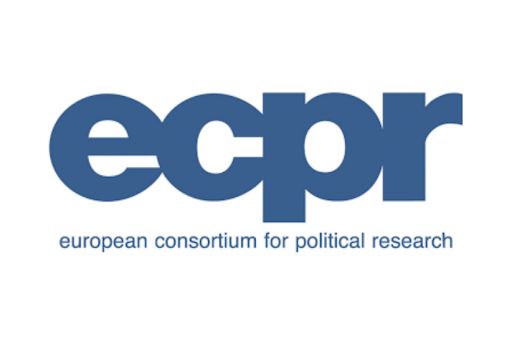CfP - Panel Affective and political polarization in Southern Europe - ECPR General Conference

ECPR General Conference
4 – 8 September 2023, Charles University
Panel 2: Affective and political polarization in Southern Europe
Chair: Mariano Torcal, Universitat Pompeu Fabra (mariano.torcal@upf.edu )
There is a heightened general perception among experts and pundits that current democratic politics are becoming increasingly emotional. The argument is that attachment to certain political identities and the basic emotions they provoke are becoming the dominant "mode of reasoning" among citizens in contemporary politics. This process, known as affective polarisation increasingly divides the world into in-groups and out-groups, transforming and reducing complex societal issues into a single dimension of "Us" versus "Them". The intensity of citizens' ensuing inter-identity prejudices exceeds that produced by more traditional ideological polarisation, limiting citizens' ability to find common ground and areas of dialogue in order to constructively and consensually address mutual challenges. This process has also been linked to many contemporary illnesses of democracy, such as incivility, support for outright violence among citizens, the deterioration of democratic quality and accountability during elections, democratic malfunctioning, support for new illiberal parties, and ultimately democratic backsliding. Despite the relevance of this topic and the increasing body of comparative literature exploring it, there is almost no comparative analysis of this phenomenon and its potential consequences in Southern Europe.
In particular, this panel aims to attract papers addressing issues broadly related to some of the following questions:
• How are the increasing levels of affective polarization related to the observed decrease in trust in political parties and elites?
• How does it relate to increasing levels of electoral volatility and emergence of new parties?
• What is the connection between affective polarization and expressive partisanship in comparison to its connection with instrumental partisanship?
• Can we better incorporate social identification theory into the conceptualization of affective polarization?
• What is its connection with traditional ideological conflicts such as left versus right?
• What is the interrelationship of affective polarization and the emergence and success of radical right-wing parties?
• What role do political elites play in this process? Social media?
• Is it inherently pernicious for all democracies and their citizens?
• What are the most noteworthy consequences for democratic functioning and support for non-democratic alternatives?
• What are the effects it might have on other basic attitudes such social and political trust, and support for liberal democratic principles?
• What are its effects on democratic accountability, such as the electoral processes and the acceptance of their outcomes?
Original papers using some of the following methodological approaches are especially welcome:
• Experimental (survey or lab)
• Panel survey data
• Econometric methods
• Big data analysis and innovative designs that link it to individual- or group-level data
• Longitudinal or comparative cross-national studies
• Interregional studies
• Theoretical manuscripts
